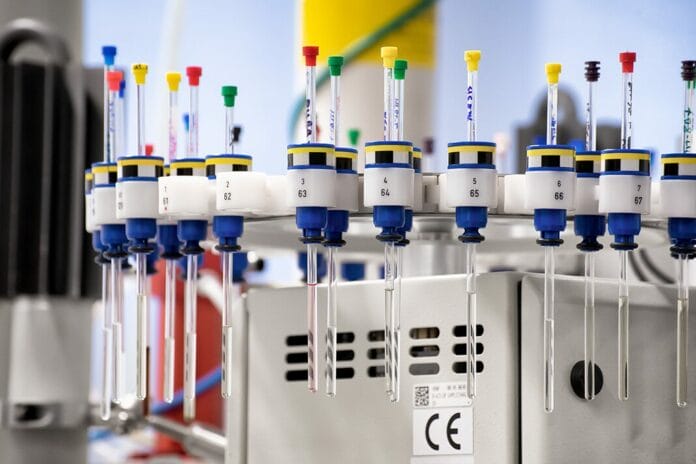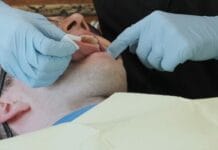A recent international study conducted by a collaborative team of researchers suggests an association between common oral infections such as periodontal diseases and caries and inflammatory metabolic profiles. Inflammatory metabolic profiles are related to an elevated risk of cardiometabolic diseases. Additionally, the research highlights how oral infections can predict adverse changes in metabolic profiles. This emphasizes the importance of early prevention and treatment of oral disease as it may be a modifiable risk factor for chronic systemic inflammation and, thus, cardiometabolic disorders.1,2
The study draws findings from the Finnish Health 2000/2011 and Parogene study cohorts, providing insights into the association between oral health and systemic metabolic measures. Professor Pirkko Pussinen from the University of Eastern Finland emphasizes the novelty of this observation, as it connects comprehensive metabolic assessments with oral infections, with no prior prospective studies in this domain.2
The Study
This collaborative effort involved researchers from the University of Helsinki, Karolinska Institutet, and the Medical University of Graz. While it is well-known that advanced oral infections and inflammation, such as endodontic lesions and periodontitis, are associated with an increased risk of cardiometabolic diseases, the precise mechanisms behind these associations remain partially unclear.1,2
The study encompassed 452 middle-aged and older Parogene patients and 6,229 participants from the population-based Health-2000 survey. In 2011, 4,116 participants from the Health-2000 survey provided a follow-up serum sample. A cross-sectional analysis explored the relationship between metabolic measures and prevalent oral health conditions and a prospective examination to determine whether oral infections could predict changes in metabolic measures over time.1
The metabolic measures included a wide range of indicators related to chronic diseases, including lipid and glucose metabolites, ketone bodies, and amino acids, all assessed using NMR spectroscopy. Oral health status was evaluated through clinical and radiographic examinations, encompassing periodontal parameters like bleeding on probing, periodontal probing depth, alveolar bone loss, and caries-related parameters such as root canal fillings, apical lesions, and caries lesions.1
The Results
The results revealed that periodontitis was notably linked to prevalent inflammatory metabolic profiles, while caries had a greater impact on future adverse metabolic measures. Among the metabolic measures associated with these oral health conditions, several were indicative of inflammation, displaying positive associations with fatty acid saturation degree and very low-density lipoprotein (VLDL) parameters and negative associations with high-density lipoprotein (HDL) parameters.1
Adjunct Professor Aino Salminen from the University of Helsinki points out, “Oral infections may partially explain unhealthy lipid profiles.”2 Furthermore, Adjunct Professor Kåre Buhlin from Karolinska Institutet underscores the significance of these findings by emphasizing that “oral infections represent a significant risk factor for systemic health and are modifiable through early prevention and treatment.”2
Conclusion
In summary, both indicators of oral diseases, including caries and periodontitis, were shown to be associated with unfavorable metabolic profiles characterized by inflammation. Given the widespread occurrence of oral diseases in many populations, their contribution to systemic inflammation is significant and can adversely affect public health. These infectious and inflammatory oral diseases could be considered a modifiable risk factor for chronic systemic inflammation and, consequently, cardiometabolic disorders.1,2
This research highlights the vital role dental hygienists play not only in oral health but also in contributing to the overall health of individuals by addressing and preventing oral infections that can have implications for metabolic health.
Before you leave, check out the Today’s RDH self-study CE courses. All courses are peer-reviewed and non-sponsored to focus solely on high-quality education. Click here now.
Listen to the Today’s RDH Dental Hygiene Podcast Below:
References
- Salminen, A., Määttä, A.M., Mäntylä, P., et al. Systemic Metabolic Signatures of Oral Diseases. Journal of Dental Research. 2023; 103(1): 13-21. https://doi.org/10.1177/00220345231203562
- University of Eastern Finland. (2023, November 16). A Healthy Mouth Helps to Maintain Balanced Metabolic Profiles. ScienceDaily. www.sciencedaily.com/releases/2023/11/231116141003.htm











